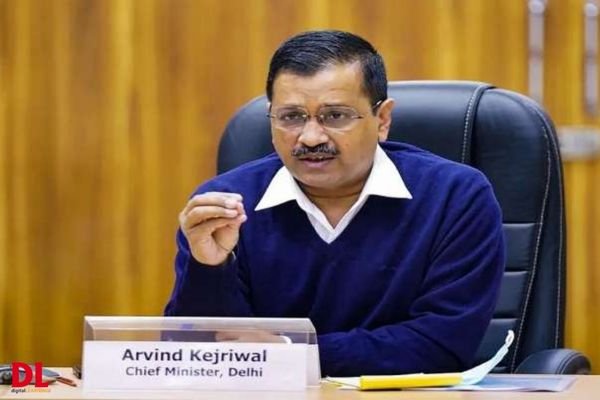Delhi Chief Minister Arvind Kejriwal’s ongoing legal battle with the Enforcement Directorate (ED’s) over his alleged non-compliance with summons in a money laundering case related to the liquor policy has garnered significant attention. The case, currently scheduled for a hearing at Delhi’s Rouse Avenue Court, underscores the political and legal complexities surrounding Kejriwal’s tenure and the broader implications for governance and accountability in India.
The ED’s complaint against Kejriwal stems from his repeated failure to appear before the agency for questioning in connection with irregularities in the Delhi excise policy for 2021-22. Despite multiple summons issued by the ED, Kejriwal has steadfastly refused to comply, dismissing the summons as “illegal and politically motivated.” This defiance has only intensified the legal standoff between the Delhi CM and the investigative agency.
The ED’s aim to record Kejriwal’s statement on matters such as policy formulation, pre-finalization meetings, and allegations of bribery underscores the seriousness of the allegations and the need for accountability. The agency’s insistence on Kejriwal’s cooperation highlights the importance of transparency and adherence to legal processes, especially for public officials entrusted with governance responsibilities.
However, Kejriwal’s repeated non-compliance has raised questions about his motivations and intentions. BJP leader Dilip Ghosh’s suggestion that fear may be driving Kejriwal’s refusal to visit the probe agency’s office adds another layer of complexity to the situation. Ghosh’s remarks underscore the political tensions surrounding the case and the broader implications for Kejriwal’s political career and reputation.
The ED’s allegations against Kejriwal and other AAP leaders, including Sanjay Singh and Sarvesh Mishra, are serious and merit thorough investigation. The agency’s charge sheet, filed on December 2, 2023, alleges misuse of funds amounting to ₹45 crore generated through the liquor policy for the AAP’s assembly elections campaign in Goa in 2022. These allegations strike at the heart of governance and accountability, highlighting the need for transparency and ethical conduct in public office.
The excise policy under scrutiny aimed to revitalize Delhi’s liquor business by transitioning from a sales-volume-based regime to a trader’s license fee. Additionally, it introduced discounts and offers on liquor purchases, signaling a departure from traditional practices. The alleged misuse of funds intended for policy implementation underscores the challenges of governance and the potential for corruption in the public sphere.
The legal battle between Kejriwal and the ED reflects broader issues of governance, accountability, and transparency in India’s political landscape. As a public official entrusted with the welfare of Delhi’s residents, Kejriwal’s actions and decisions are subject to scrutiny and accountability. The ED’s efforts to investigate allegations of financial irregularities and money laundering underscore the importance of upholding the rule of law and ensuring transparency in governance.
The legal battle between Arvind Kejriwal and the Enforcement Directorate highlights the complexities of governance and accountability in India’s political landscape. The allegations against Kejriwal and other AAP leaders underscore the need for transparency, ethical conduct, and adherence to legal processes in public office. As the case unfolds, it will be essential to uphold the principles of justice and fairness while ensuring accountability for any wrongdoing.














